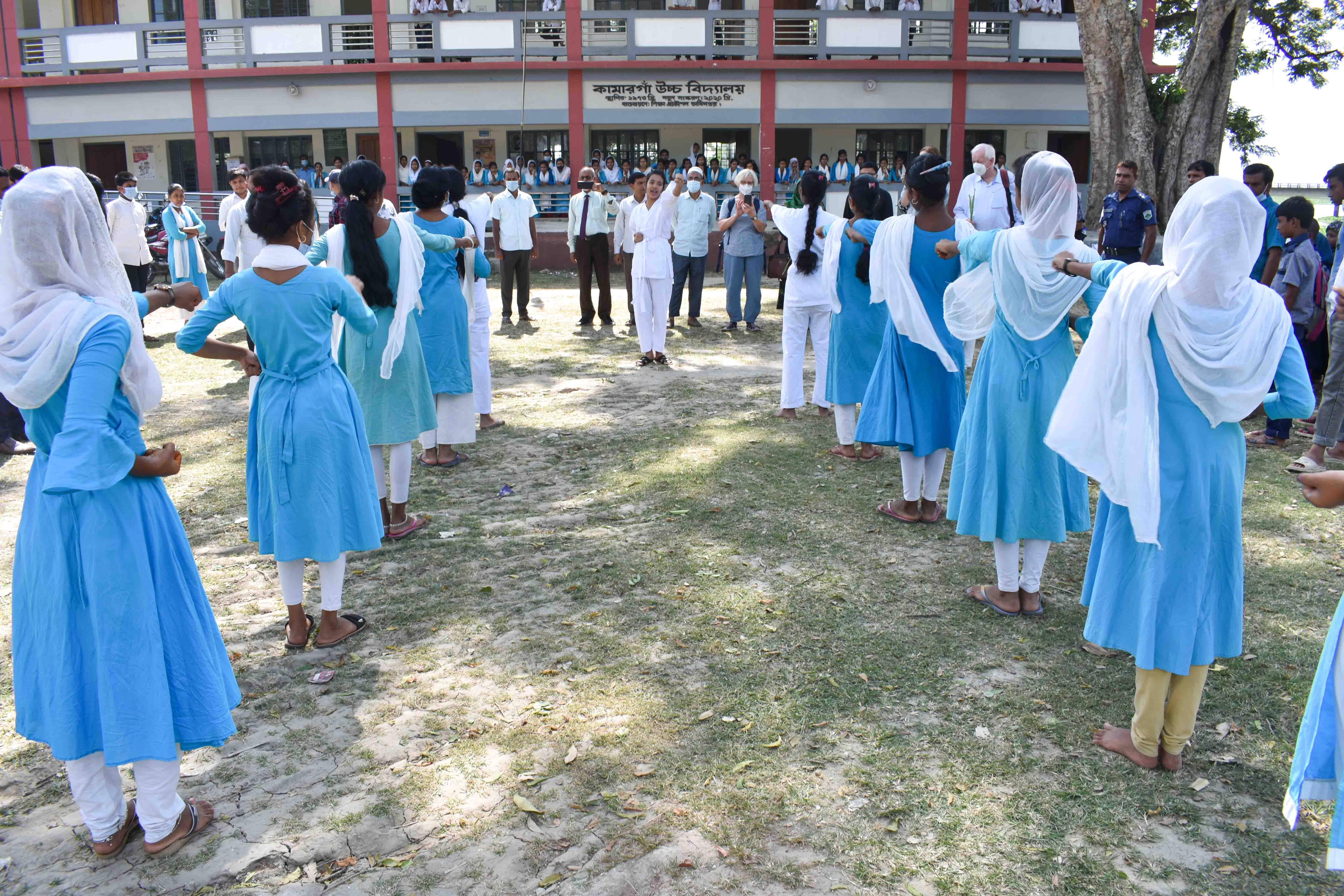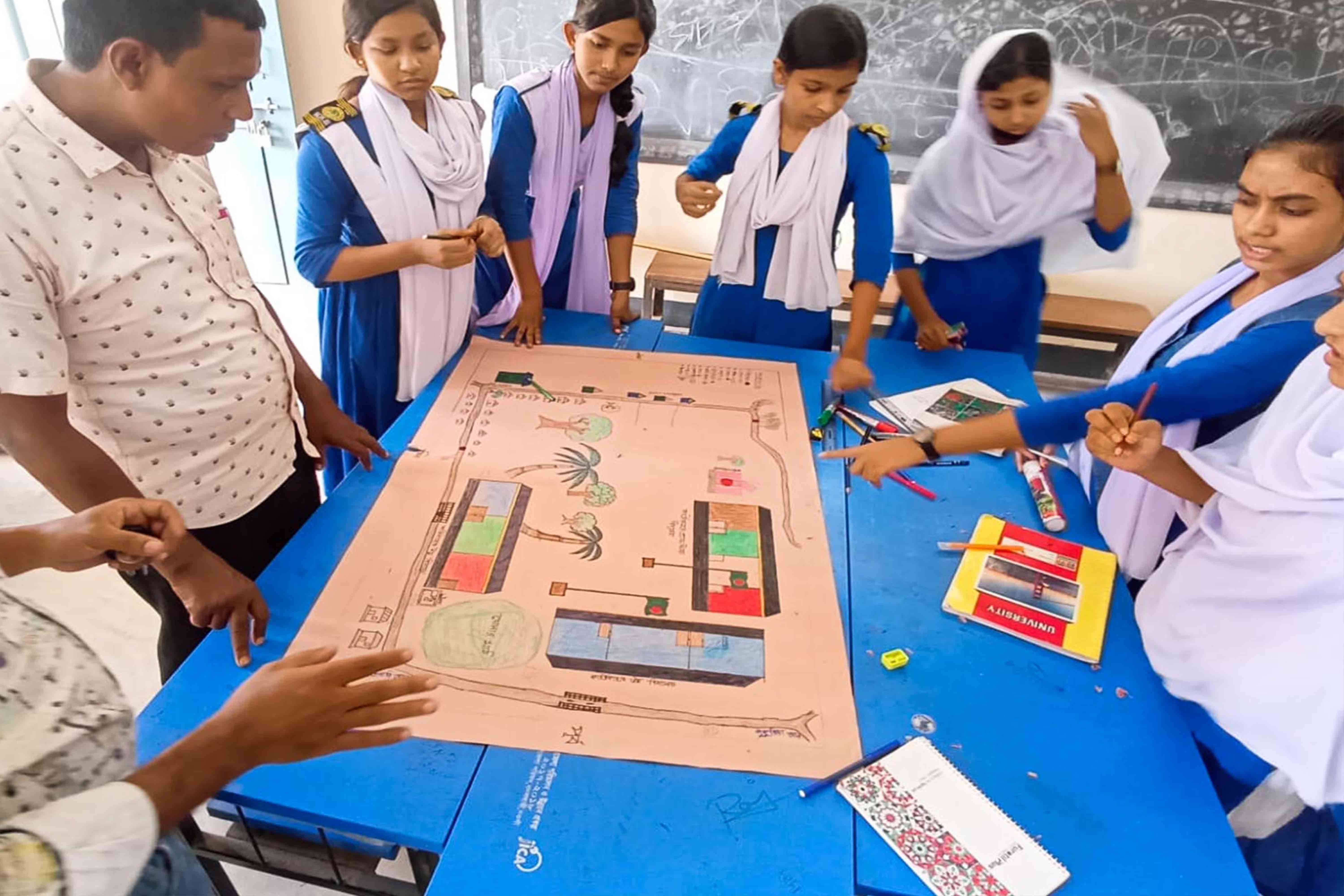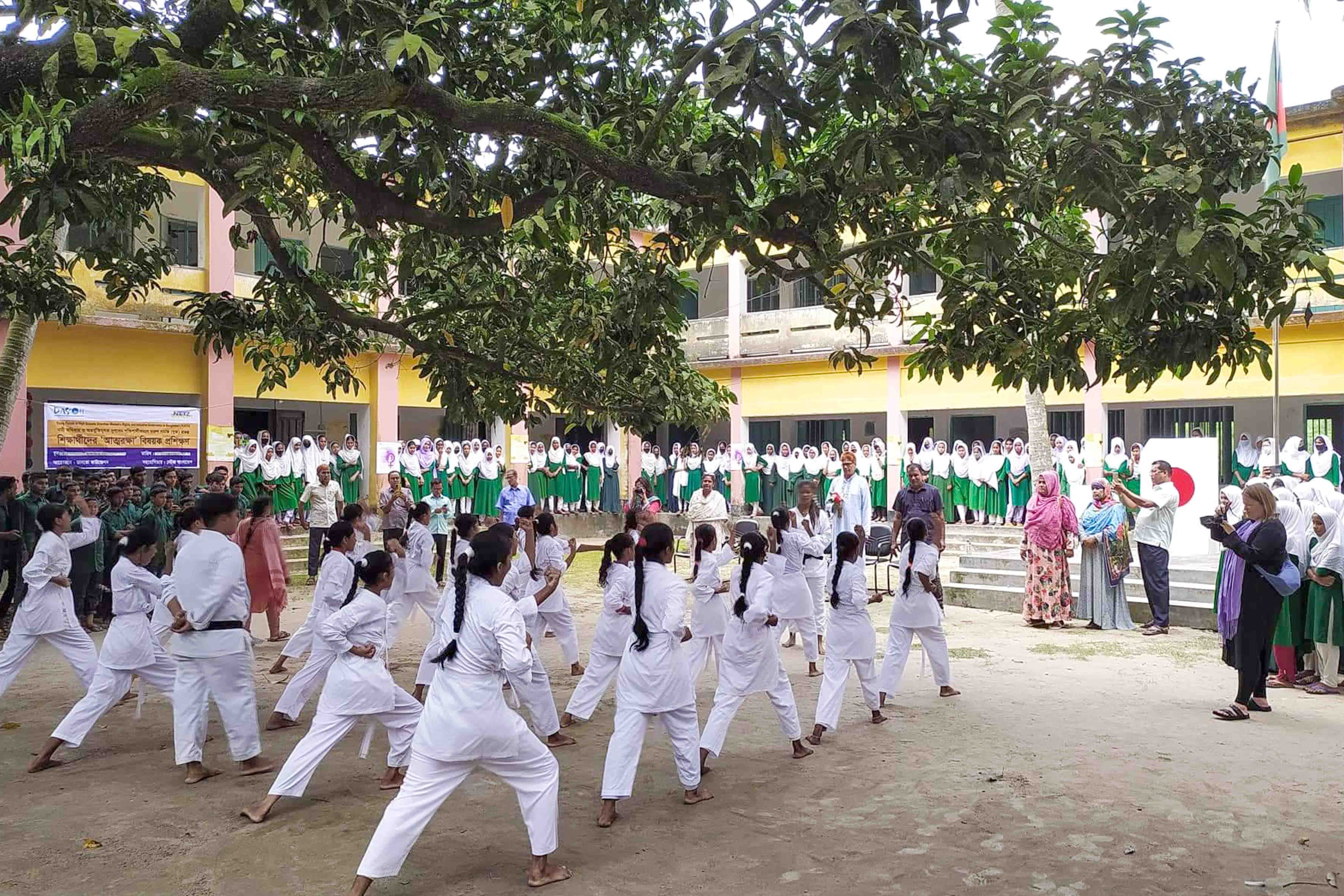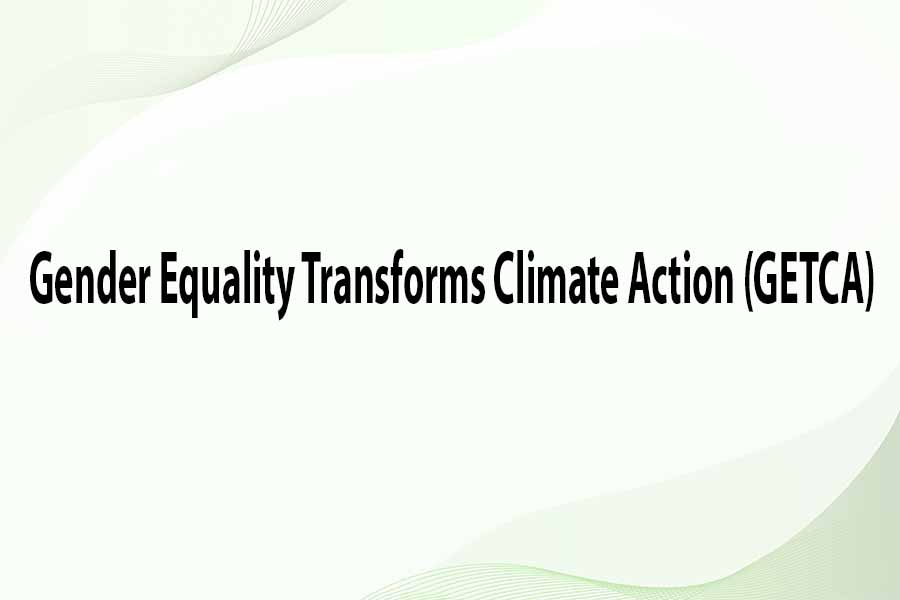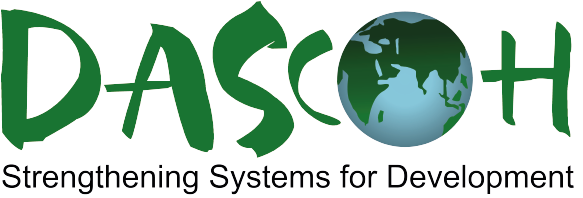Human Rights
Strategic Objective:
Human rights and inclusive governance ensured
Human Rights (HR) are based on shared values like dignity, fairness, equality, respect and independence. These rights are protected by law. Main relevant laws that function as the background of our work, are: the Right to Information Act (2009), Domestic Violence Act (2010), Child Marriage Restraint Act (2017), the Dowry Act (2018) and the Women and Children Repression Prevention Act (2020)
Although the past four decades have seen increased political empowerment of the population and specific target groups, in practice these laws are not sufficiently implemented by the local authorities. Changing this situation is complex. Part of the solution lies in awareness creation and confidence building of those affected i.e., raising the voice of the suppressed people. But without working with the oppressors and those in charge of upholding the laws, nothing much will change. Improving local governance is key. In addition, keeping the National Human Rights Commission and Anti-Corruption Commission informed about local level experiences and solutions, may stimulate coordinated efforts from the policy levels. The national HR Forum can be instrumental in these efforts.
DASCOH’s role in creating local level experience and achievements is taking place via various HR initiatives, sometimes in coordination with likeminded organisations that are implementing similar interventions in other parts of the country. Cooperation among organisations with an HR focus is needed to create increased pressure towards local and national governance, in order to promote the Rule of Law. DASCOH works on projects to reduce child marriages, gender discrimination, gender/identity-based violence, violence against women, and improving social safety net services and equal access to education. Often these projects contain a component aiming at resolving local conflicts in a peaceful manner. Our preferred course of action involves
the creation of popular demand, working with CBOs, sensitising and training Community Volunteers, actively creating relations with local authorities, organising meetings in which also local powerholders participate and jointly organising promotion events. In conflict situations, our project staff work as peace facilitators. Results are discussed with Divisional and National level for future improvements.
The changes we envision and success indicators we use in our HR projects relate to:
· Public authorities taking action against HR related incidents
· Child marriages reduced
· Various forms of violence reduced
· Population having access to information
· Population receives proper safety net services
Check Out Our Project
